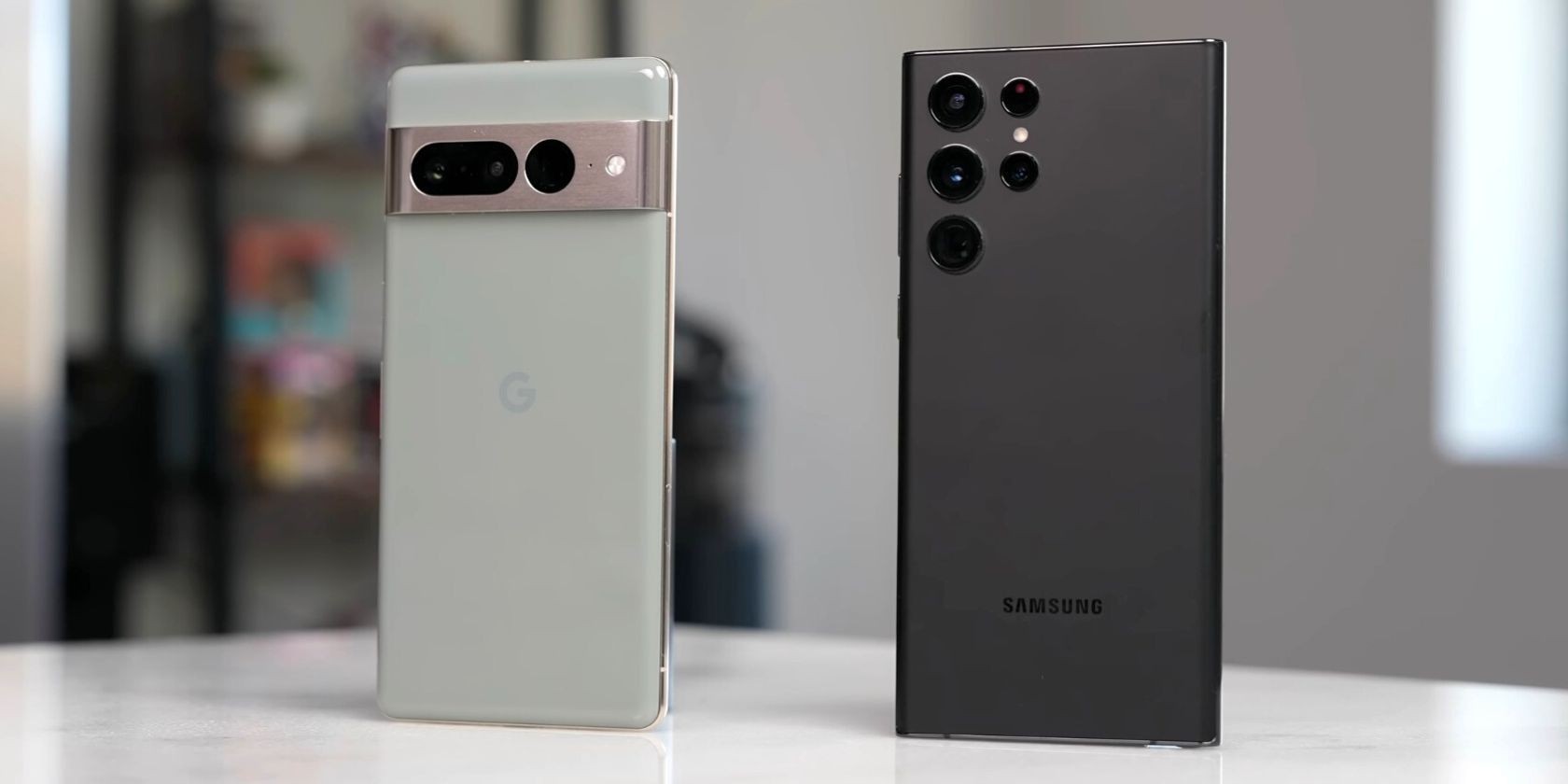
Samsung appears to be making a significant push towards Google Messages for its Galaxy smartphone users. This move is part of a broader trend in the Android ecosystem, with Google's messaging app gaining prominence across various device manufacturers.
Older Galaxy Devices Receiving Prompts
In recent weeks, users of older Samsung Galaxy phones have reported receiving prompts to switch to Google Messages. This initiative has led to a notable increase in the app's popularity on the Google Play Store. At one point, Google Messages climbed to the second position in the "Top free" chart, surpassing popular social media apps like TikTok and Instagram.
Shift in Pre-installed Apps
The change is particularly evident in Samsung's latest flagship devices. For instance, the upcoming Galaxy Z Flip and Fold 6 models in the US will no longer come with Samsung's proprietary messaging app pre-installed. Instead, Google Messages will be the default choice for these devices.
Challenges in the Transition
While Samsung is encouraging this shift, the transition hasn't been entirely smooth for all users. Some Galaxy owners, particularly those using older models like the S21, have reported issues during the migration process. These problems include lost conversations and missing starred messages, highlighting the need for careful data management during the switch.
Google Messages' Growing Popularity
The push from Samsung has contributed to Google Messages' impressive download count, which now exceeds 5 billion. This figure underscores the app's widespread adoption across the Android ecosystem.
Implications for the Android Messaging Landscape
This move by Samsung signals a potential consolidation in the Android messaging space. By aligning with Google Messages, Samsung is helping to create a more unified messaging experience across Android devices. This could lead to improved interoperability and a more consistent user experience for Android users, regardless of their device manufacturer.
As Samsung continues to update its software support policies and push users towards Google's messaging solution, it's clear that the Android messaging landscape is evolving. Users can expect further developments in this space as manufacturers and software providers work towards a more integrated messaging ecosystem.